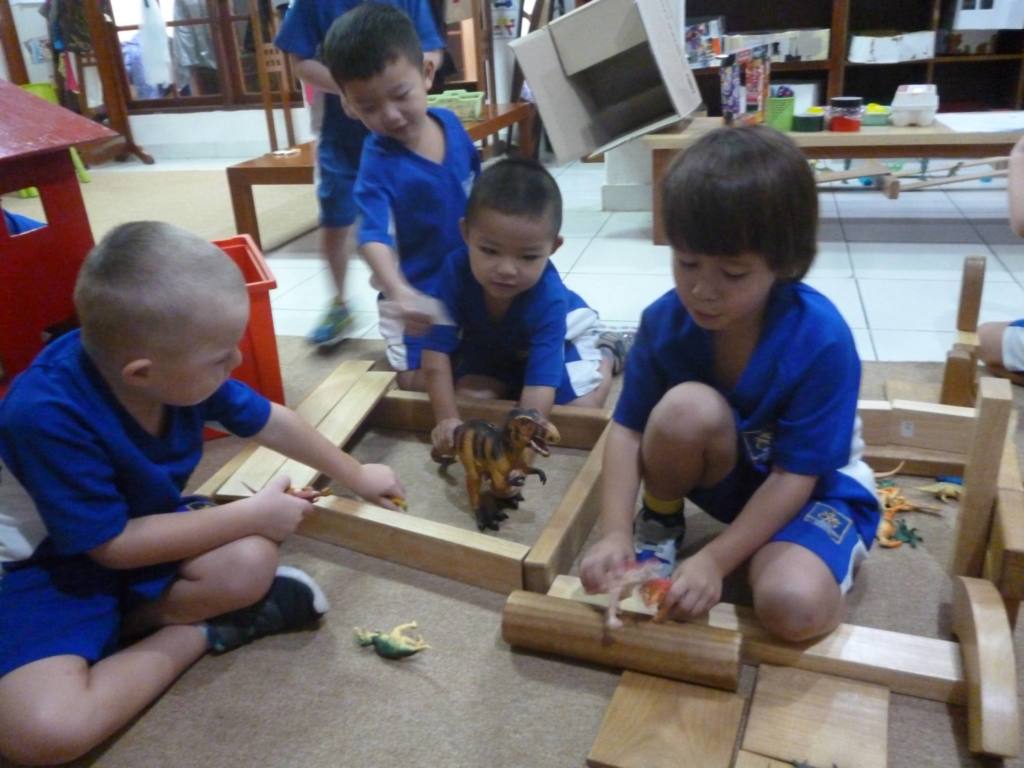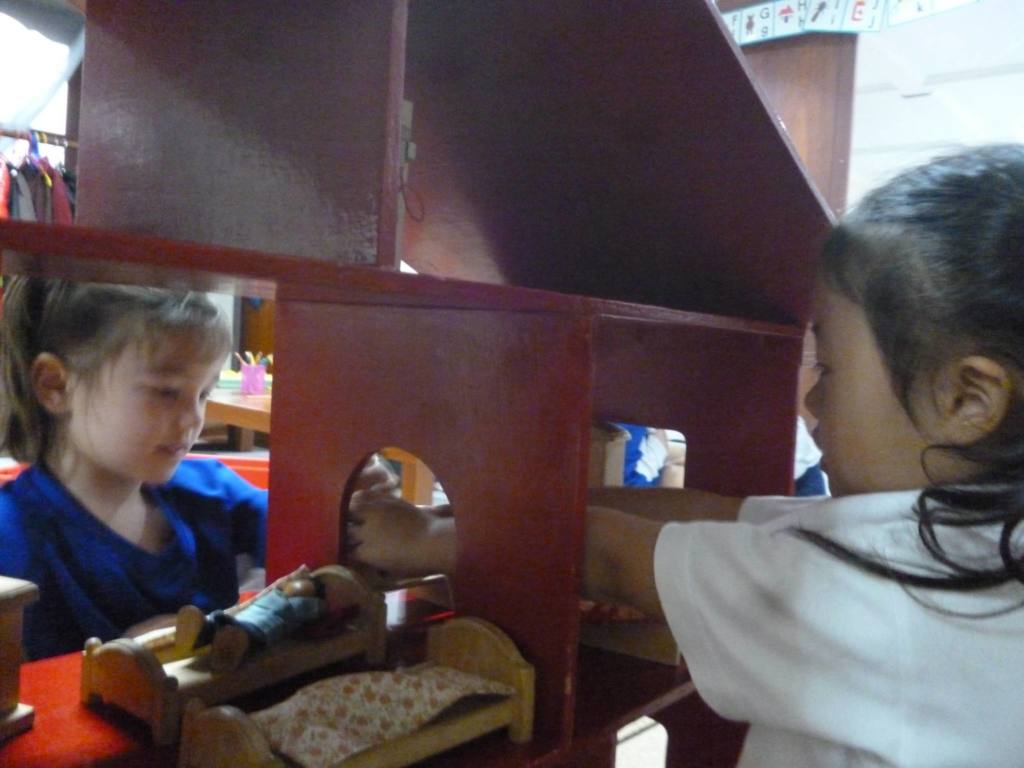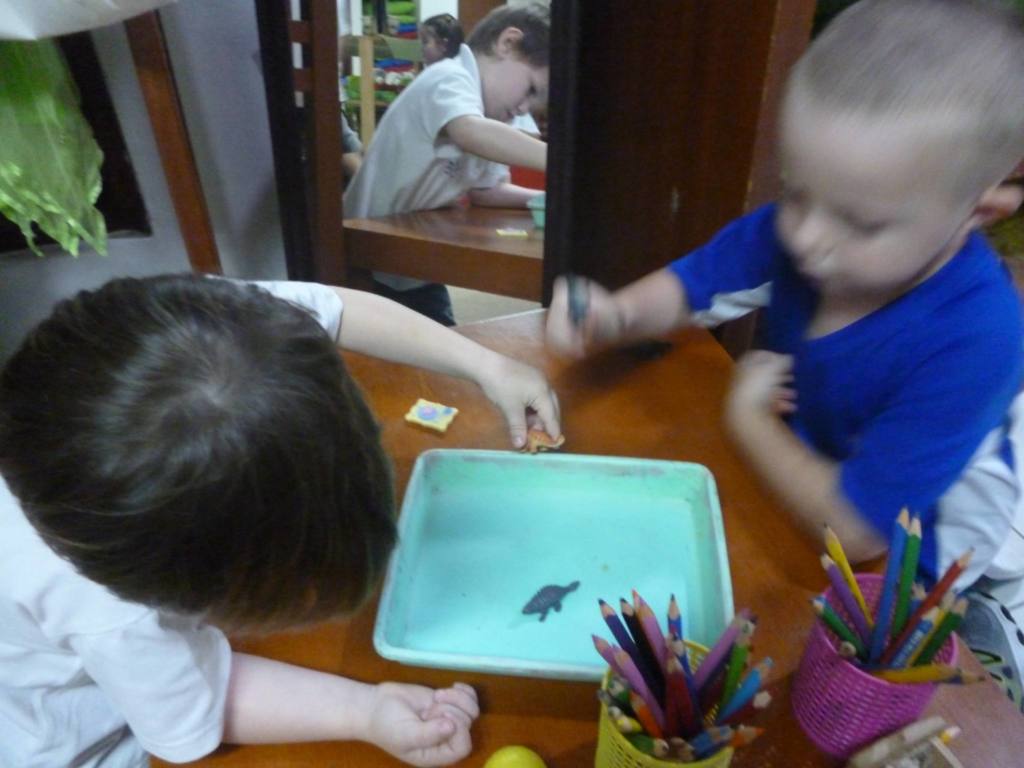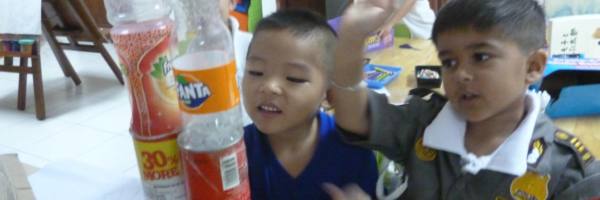Primary “Approaches to Learning”

Last semester many of the BIS teachers attended a weekend course on the “Approaches to Learning” by Lance King. The IB terminology ‘approaches to learning’ is used to describe the skills that we practice across different subjects and throughout the years from preschool to Grade 12. The aim is to develop effective learners; students who are aware of the process of learning and have a growth mindset towards learning, so they are continuously ready and able to re-think what they already know and apply to new and different situations. The development of key skills is a fundamental part of the learning process.
The areas introduced and practised in PYP are thinking, social, communication, self-management and research skills.

In preschool this term, through the unit of inquiry into play, we will be focusing on social skills and communication skills. We endeavour to develop self-awareness of these skills through authentic contexts. Role-play, educational games, self-invented games, team games, self and teacher directed play will all provide opportunities for students to experience the challenges and advantages of interacting with others. The teachers will aim to identify moments to highlight and ‘practice’ a skill that will develop their ability to communicate and cooperate with their peers.
 For example: This week the teacher observed one child busy playing with the construction toys, creating and storytelling by herself. Another child comes over and grabs her by the hand and says, “Come on…come over here…come and play my game!” The first child looks perplexed…she does not want to let her friend down…but she is really content doing what she is doing right now. The teacher sees this as being a valuable teaching moment – How do we communicate our feelings to our friends without upsetting them? The teacher steps in and talks about this with both children and models some of the language we can use to communicate our thoughts and ideas. “Thank you for asking me to play with you. I am busy right now. Can I come and play with you later?” or “Can we play my game first and then yours?” Later on that day, as a class, we talked about when this happens to us and what we can do about it. The teachers then looked for opportunities to reinforce and ractice this skill throughout the week in different contexts.
For example: This week the teacher observed one child busy playing with the construction toys, creating and storytelling by herself. Another child comes over and grabs her by the hand and says, “Come on…come over here…come and play my game!” The first child looks perplexed…she does not want to let her friend down…but she is really content doing what she is doing right now. The teacher sees this as being a valuable teaching moment – How do we communicate our feelings to our friends without upsetting them? The teacher steps in and talks about this with both children and models some of the language we can use to communicate our thoughts and ideas. “Thank you for asking me to play with you. I am busy right now. Can I come and play with you later?” or “Can we play my game first and then yours?” Later on that day, as a class, we talked about when this happens to us and what we can do about it. The teachers then looked for opportunities to reinforce and ractice this skill throughout the week in different contexts.
Communication and social skills are part of lifelong learning and is something that we all continue to practice and develop! Keep up the great work preschool!
Deborah Plant
January 2018

